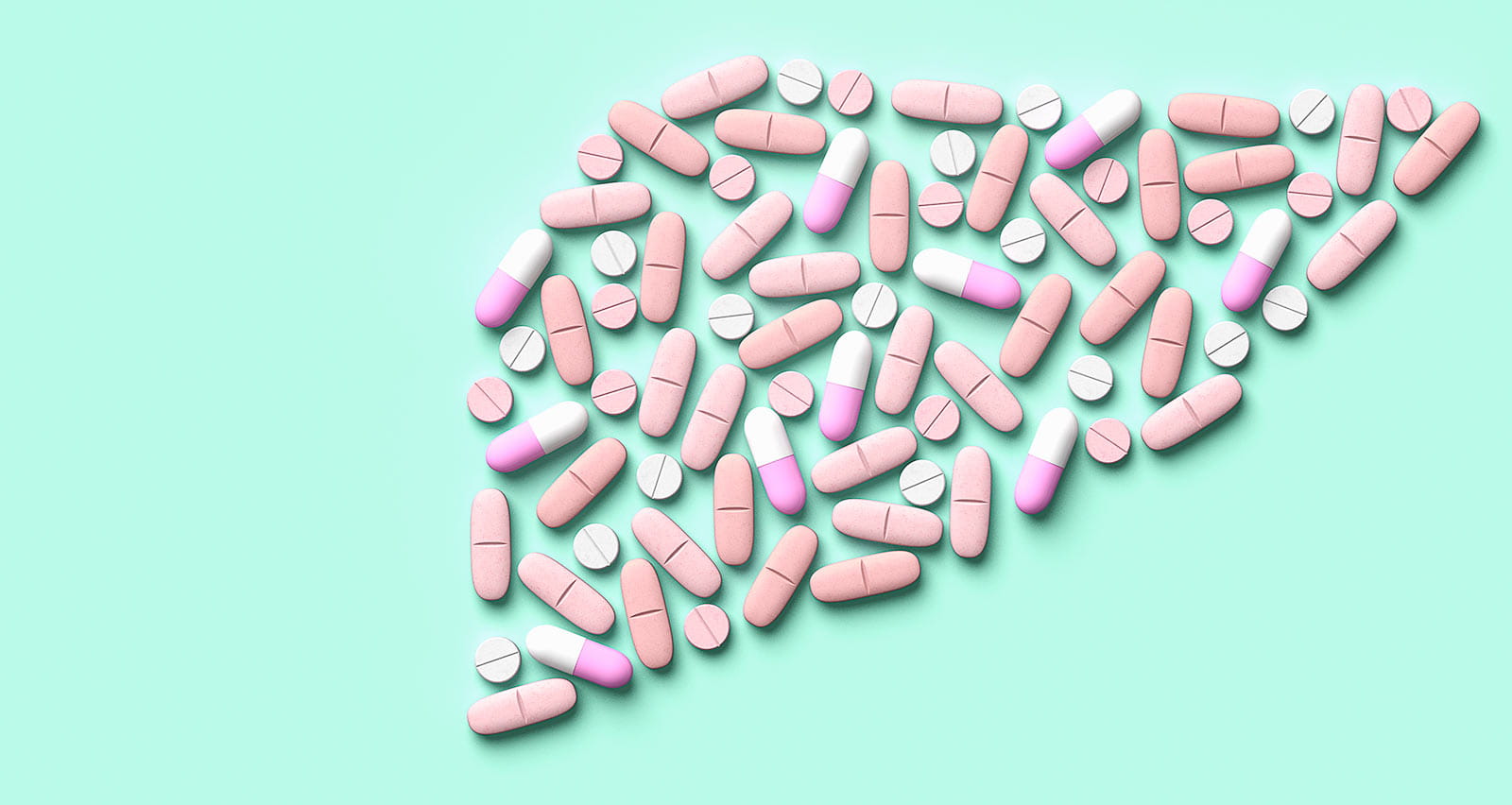
What is Drug-Induced Liver Disease?
Drug-induced liver disease is when the liver is damaged by medications or drugs. Medications that can cause liver inflammation and injury include prescription medicines, over-the-counter drugs, hormones, recreational drugs and even herbal and dietary supplements. Often, the damage occurs over time if a medication is taken long-term at a higher-than-recommended frequency and/or dose than is suggested or prescribed.
Call to Schedule an Appointment Today
To schedule an in-person or virtual consultation with a UH liver specialist, call 216-844-8500, Option #1 or schedule online.Painkillers and fever reducers that contain acetaminophen (Tylenol) are the most well-known medications that can cause liver damage. Other drugs that may be harmful to the liver in some patients include:
- Anticancer drugs
- Antibiotics
- Antivirals
- Some heart medications
How is Drug-Induced Liver Disease Diagnosed?
Diagnosis will be made based on a medical history, review of symptoms, blood tests to check liver enzyme levels and the elimination of other potential diagnoses.
If it is determined that your liver inflammation is most likely drug-induced, the most important treatment is to stop taking the medicine – your doctor may recommend alternate medications that are less toxic to the liver if necessary to manage pain or an illness.
For most patients, if the damage is not too severe, stopping the medication will be enough to resolve the issue - improvement will begin within a week or two and resolved completely within 2-3 months. During this timeframe, your doctor will monitor your recovery – if your liver function improves, this can help confirm the diagnosis of drug-induced liver disease. When caught early, and the causative medication is stopped, the patient will often recover completely with no long-term liver damage. The liver is a unique organ in that it can regenerate cells and heal itself over time.
Although rare, if long-term use of a hepatotoxic medication results in permanent damage, other treatments may be required, up to and including liver transplant.
Make an Appointment
Your health is important. Get expert care.
Offering in-person and virtual visits.
216-844-8500, Option #1
Make an Appointment

